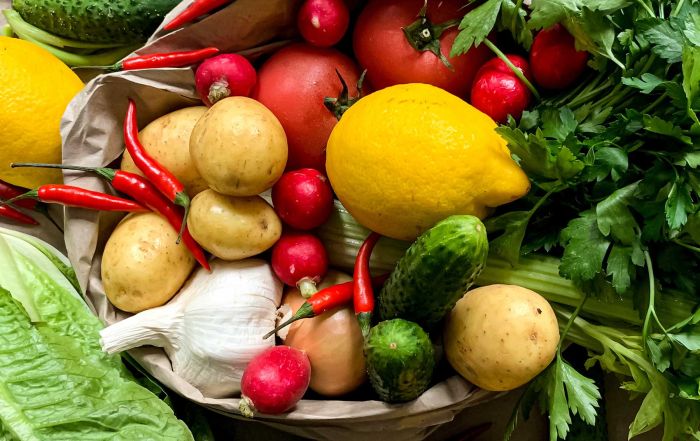Developing Good Food Safety Habits
Good habits and habit development are something that has fascinated me for several years. If you’ve attended any the training programs or presentations that my colleagues and I have conducted through our Center for Food Safety in Child Nutrition Programs, you’ve likely heard me opine about the importance of habits and how habits are created. Many times, in foodservice operations we wonder why our staff don’t follow the food safety practices we have established in our operation. Perhaps they don’t wash their hands when they are required, perhaps they just don’t use the proper method of handwashing, or perhaps we find that they don’t complete our HACCP logs as often as our program dictates should occur. And while we can stomp our feet and say “it is their job, they should just do it”, it really isn’t that simple. We can’t order people to change, although if we could, business and human resources would be so much simpler.
Habit often controls the actions we take in our work life. If an employee comes to you with bad habits related to handwashing, you must break those bad habits and reinforce positive habits.
When I visit with a food safety class, or any group about habits, I always ask the participants to think back to the time they were driving somewhere, for which they knew the route like the back of their hand and had driven it many, many times. Maybe it is the drive to your office, the drive to your parents’ house, or the house that you grew up in – whatever the case, I always follow up by asking how many of them had arrived at their location, only to not recall the last 5, 10, or 15 minutes of the drive because their mind was thinking of something else? Inevitably, close to 100% raise their hand. And that is habit. Habit is the part of our lives that takes over so we don’t have to think through the mundane activities that we undertake daily – getting ready in the morning, tying your shoes, combing your hair.
Applying habit to food safety is easy to do and perhaps you already have in the back of your mind. Habit often controls the actions we take in our work life, too. How well and when we wash our hands, cleaning of work surfaces before and after preparing an item, taking end-point cooking temperatures all have some function of habit associated with them. If an employee comes to you with bad habits related to handwashing, you must break those bad habits and reinforce positive habits. This is why some company leaders prefer to hire people who have never worked in the foodservice industry, rather than hiring those with experience. They are not forced to break bad habits of those employees before they can introduce them into the norms of their company culture.
In his book, The Power of Habit: Why We Do What We Do in Life and Business, Charles Duhigg discusses how habits are created and how we can go about changing them. The habit loop, as he calls it, includes three elements, the cue, a routine, and reword. Having a solid understanding of these will help you change your habits and the habits of your employees. I highly recommend adding this book to your must-read list for 2021.
There are many things to consider when working with and training employees in food safety. Indeed, there isn’t a magic bullet that will solve all our issues, but combined with other approaches, focusing on solid habit creation and change can be one more tool in your tool belt. Risk Nothing!
READ MORE POSTS
Halfway Gone, A Mid-Year Food Safety Check-up for your Foodservice Business
July is often a time when a portion of us in the foodservice business are at [...]
From Farm to Fork: Knowing the Importance of Food Origins
In the foodservice industry, maintaining high standards for the food that comes into your back door [...]
Brushing up on Hygiene: Are Nail Brushes the Unsung Hero of Clean Hands?
Last month, I focused the discussion within the blogs on handwashing. One aspect of handwashing that [...]
Clean Hands, Safe Eats: Considerations to Improve Handwashing Compliance
In my blog earlier this month, I discussed a bit of the art and science behind [...]










